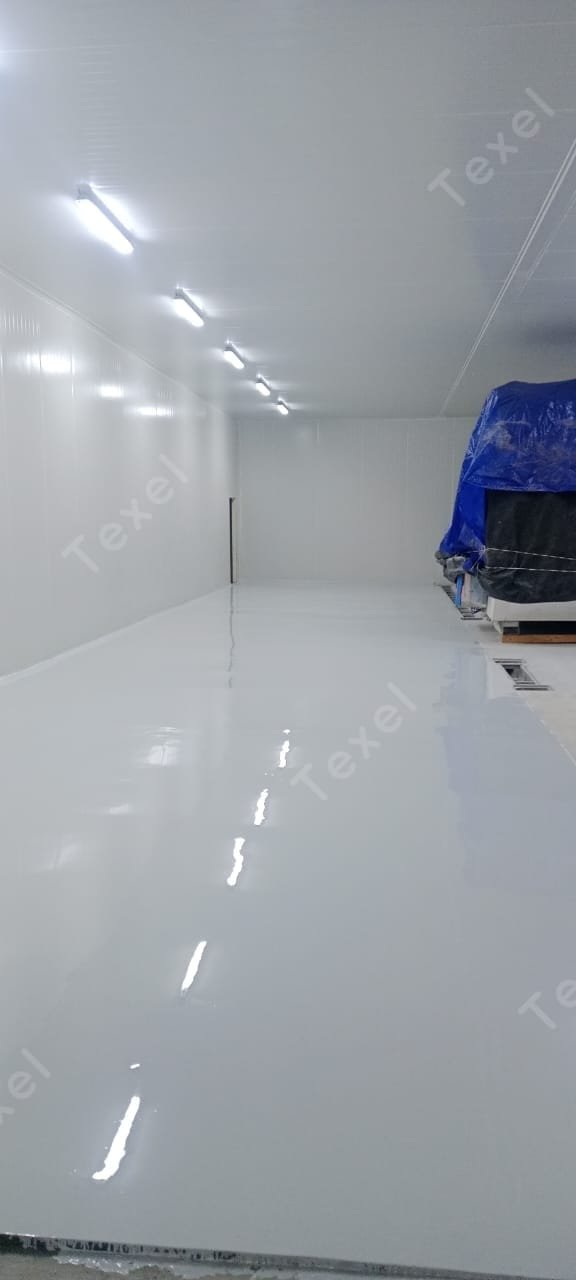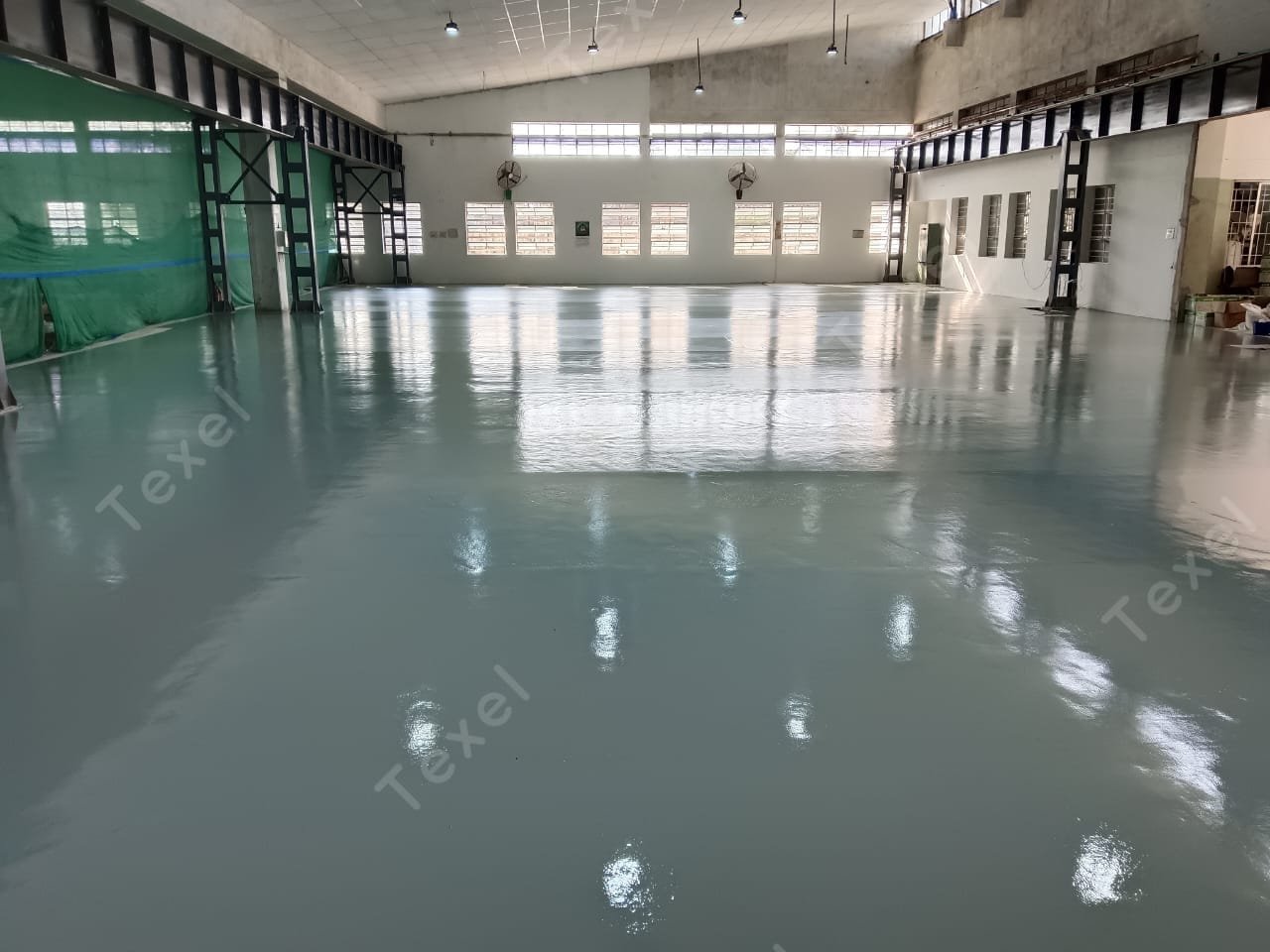ORGANIC FOOD INDUSTRY FLOORING
ORGANIC FOOD INDUSTRY FLOORING
INTRODUCTION
The flooring in an organic food production environment must meet high standards of hygiene, safety, and durability. It plays a crucial role in maintaining a clean and safe environment, which is essential for producing food that meets organic certification standards. The right flooring not only helps in ensuring product integrity but also supports efficient operations by being easy to clean and maintain, resistant to wear and chemicals, and safe for workers.
FLOORING OPTIONS FOR ORGANIC FOOD INDUSTRY
Choosing the right flooring for the organic food industry is critical to maintaining hygiene, safety, and efficiency. Here are some of the most suitable flooring options, along with their benefits and considerations:
- Epoxy Flooring
Seamless Surface: Prevents the accumulation of dirt and bacteria.
Durable: Resistant to heavy foot traffic, machinery, and impact.
Chemical Resistant: Withstands cleaning agents and spills of various substances.
Easy to Clean: Smooth surface facilitates easy maintenance.
- Polyurethane Flooring
Chemical and Thermal Resistance: Can handle extreme temperatures and chemical exposure.
Flexibility: Better at absorbing impacts compared to epoxy.
Hygienic: Seamless and easy to clean.
Cost: Typically more expensive than epoxy.
- Polished Concrete
Durability: Extremely tough and long-lasting.
Low Maintenance: Easy to clean and maintain.
Eco-Friendly: Utilizes existing concrete slabs, reducing material use.
Cost-Effective: Lower long-term costs due to durability.
- Vinyl Flooring
Economical: Lower upfront costs.
Variety: Available in different patterns and textures, including slip-resistant options.
Easy to Install and Replace: Can be quickly installed and replaced if damaged.
- Ceramic Tile
Durability: Hard and resistant to wear and tear.
Hygienic: Easy to clean and maintain.
Chemical Resistance: Withstands exposure to various cleaning agents.
- Ucrete Flooring
Extremely Durable: Resistant to physical impact, chemicals, and thermal shock.
Hygienic: Seamless and easy to clean.
Non-Toxic: Safe for food environments.
Long Lifespan: Reduces the need for frequent replacements.
- Rubber Flooring
Comfort: Softer underfoot, reducing fatigue for workers.
Slip Resistance: Naturally slip-resistant, enhancing safety.
Durability: Resistant to impacts and abrasions.
TYPES OF ORGANIC FOOD INDUSTRIES
1.Organic Fruit and Vegetable Processing
- Organic Dairy Processing
- Organic Meat and Poultry Processing
- Organic Grain and Cereal Processing
- Organic Beverage Manufacturing
- Organic Snack Food Manufacturing
- Organic Baby Food Manufacturing
- Organic Packaged Food Manufacturing
- Organic Seafood Processing
- Organic Spices and Herb Processing
- Organic Oils and Fats Manufacturing
- Organic Pet Food Manufacturing
CONCLUSION
When choosing flooring for the organic food industry, it’s essential to consider factors such as hygiene, durability, safety, and maintenance requirements. Epoxy and polyurethane are excellent choices for their seamless surfaces and durability, while polished concrete offers a cost-effective and eco-friendly option. This commitment to organic principles supports environmental sustainability and offers consumers healthier, safer food options.
Related Posts
Leave a Reply Cancel reply
You must be logged in to post a comment.




